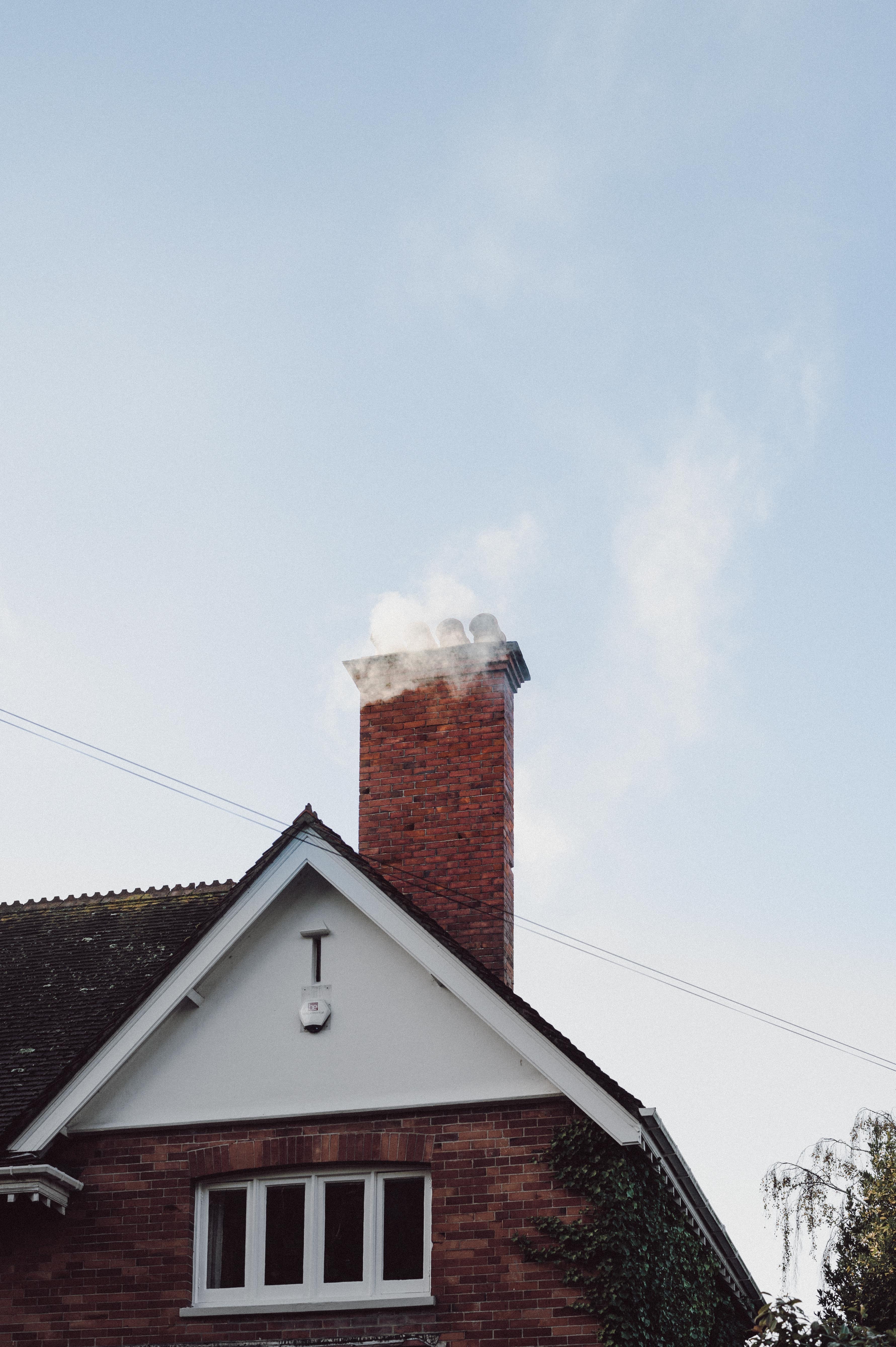
Chimney fires are a serious issue that can cause significant damage to your home and put your family’s safety at risk. In this article, we will discuss the common causes of chimney fires and provide tips for preventing them.
Common Causes of Chimney Fires
Chimney fires are a serious and potentially deadly problem that can occur in any home with a fireplace or wood stove. According to the National Fire Protection Association (NFPA), there are over 25,000 chimney fires in the United States each year, resulting in over 120 million dollars in property damage. In this article, we’ll explore the common causes of chimney fires and provide tips for preventing them.
Creosote Buildup
One of the most common causes is creosote buildup. Creosote is a highly flammable substance that forms on the inside of your chimney as a result of burning wood. If left unchecked, creosote can accumulate to dangerous levels, causing a chimney fire. To prevent creosote buildup, it’s important to have your chimney cleaned by a professional chimney sweep at least once a year. Additionally, avoid burning unseasoned wood, as it produces more creosote than seasoned wood.
Faulty Installations
Another common cause is faulty installations. Improperly installed chimneys or wood stoves can result in hot spots, cracks, or gaps, which can allow flames or sparks to escape and ignite surrounding materials. To prevent this, it’s important to have your chimney and wood stove professionally installed and inspected regularly.
Burning the Wrong Materials
Burning the wrong materials in your fireplace or wood stove can also lead to fires. Never burn anything other than dry, seasoned firewood. Burning materials such as paper, cardboard, or trash can cause a rapid buildup of creosote, which can ignite and cause a chimney fire.
Neglecting Regular Maintenance
Regular maintenance is essential for preventing chimney fires. Neglecting to have your chimney cleaned or inspected regularly can lead to dangerous levels of creosote buildup or other issues, such as blockages, that can cause a chimney fire. It’s important to have your chimney inspected at least once a year and to have it cleaned by a professional chimney sweep as needed.
Tips for Preventing Chimney Fires
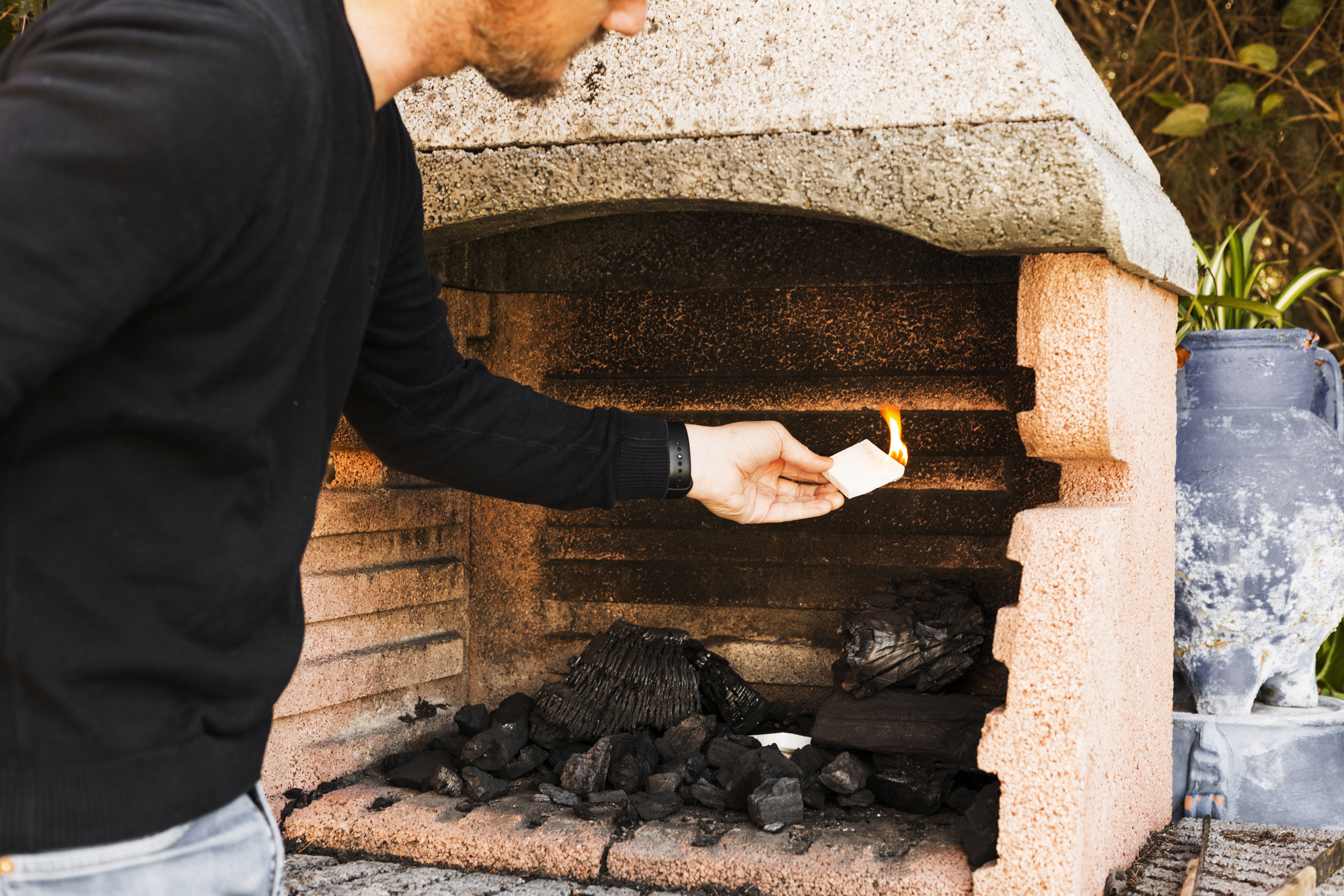
- Burn the Right Fuel: To avoid the buildup of creosote and reduce the risk of a chimney fire, it’s important to burn the right fuel. Only burn dry, seasoned wood that has been properly stored for at least six months. Avoid burning paper, cardboard, and other trash in your fireplace.
- Use a Chimney Cap: A chimney cap is a device that sits on top of your chimney and helps to keep debris, rainwater, and animals out of your chimney. It can also prevent hot embers from escaping your chimney and starting a fire on your roof or nearby trees.
- Monitor Your Fire: While a roaring fire can be comforting, it’s important to monitor it carefully. Never leave a fire unattended, and always make sure it’s fully extinguished before going to bed or leaving the house.
- Keep Your Chimney Clean: Regular cleaning of your chimney will prevent the buildup of creosote and other debris that can cause chimney fires.
Neglecting Regular Maintenance
Regular maintenance is essential for preventing chimney fires. Neglecting to have your chimney cleaned or inspected regularly can lead to dangerous levels of creosote buildup or other issues, such as blockages, that can cause a chimney fire. It’s important to have your chimney inspected at least once a year and to have it cleaned by a professional chimney sweep as needed.
At Chimney Sweep El Paso, we provide professional chimney sweep services to keep your chimney clean and safe. Our team of experts is trained to inspect and clean chimneys, identify potential hazards, and provide solutions to keep your home safe. Contact us today to schedule a chimney inspection and cleaning to ensure the safety of your home and family.

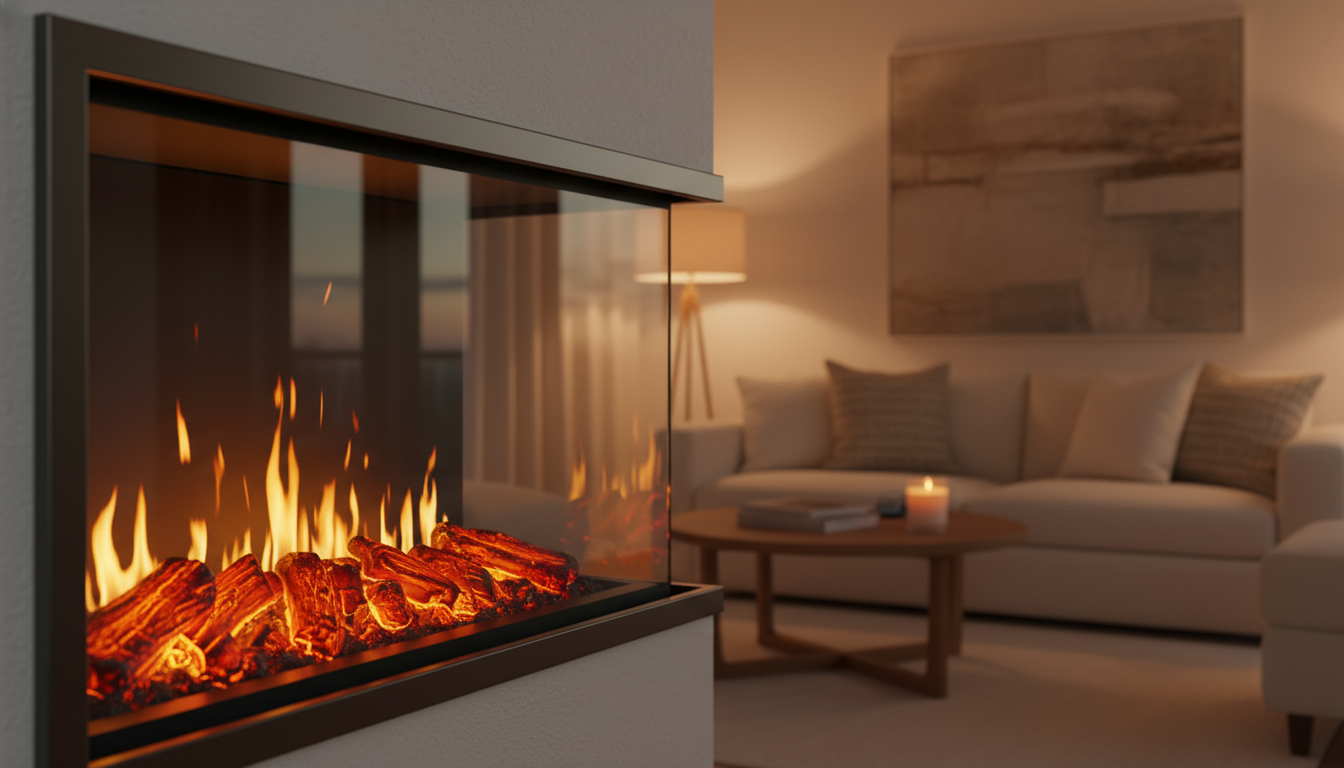
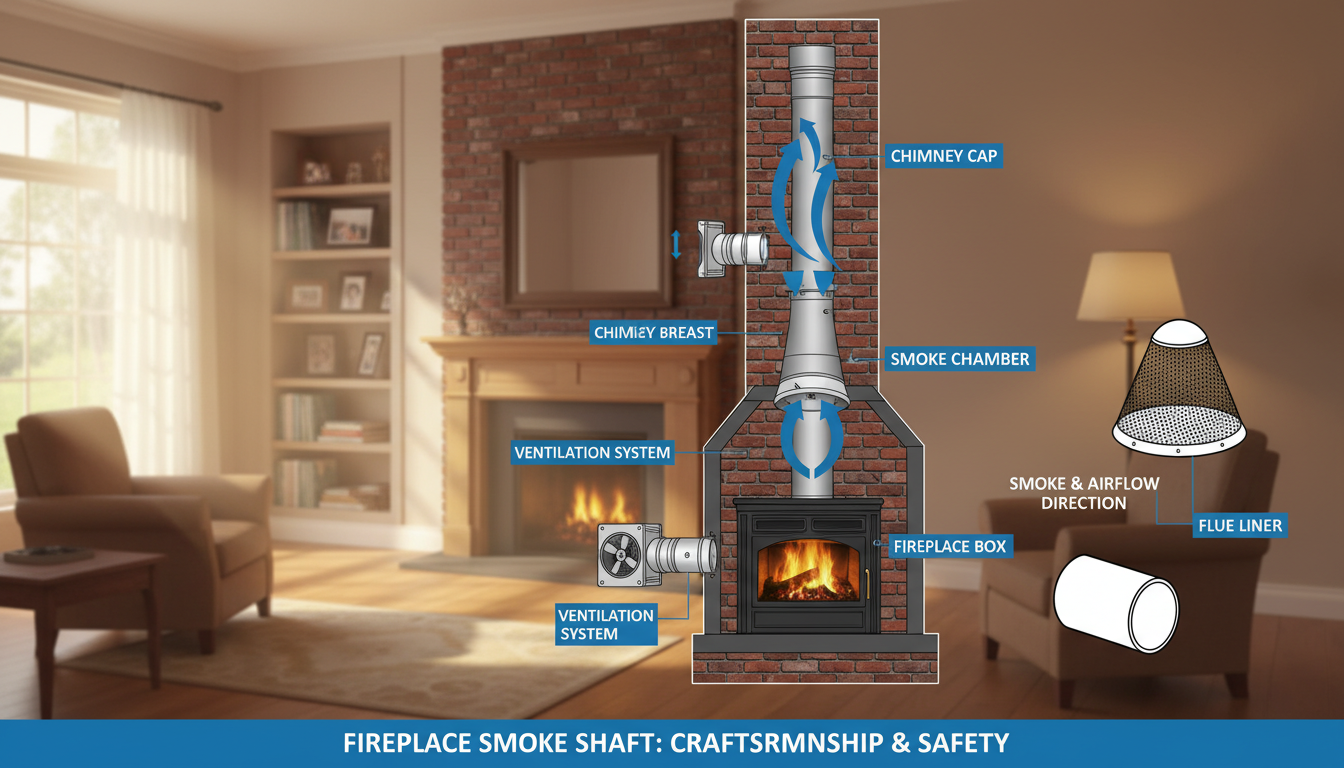
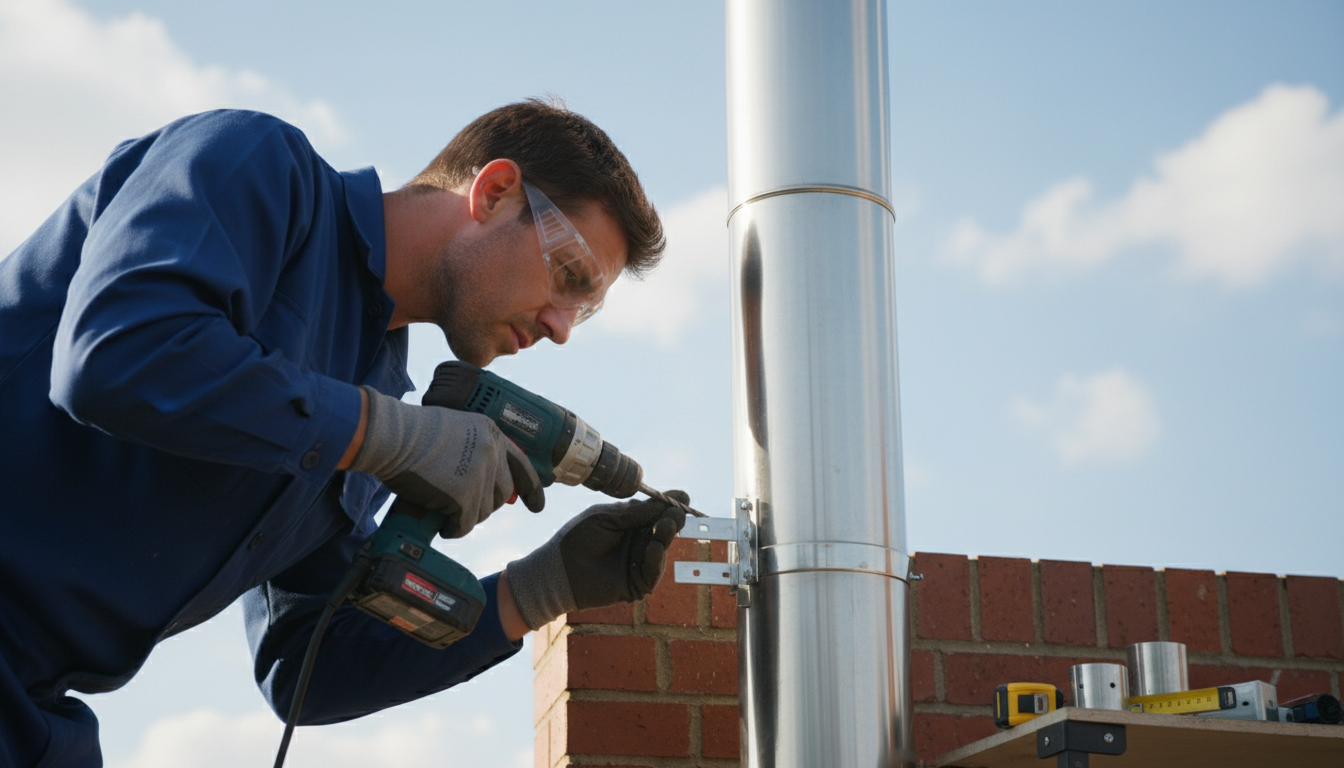
0 Comments